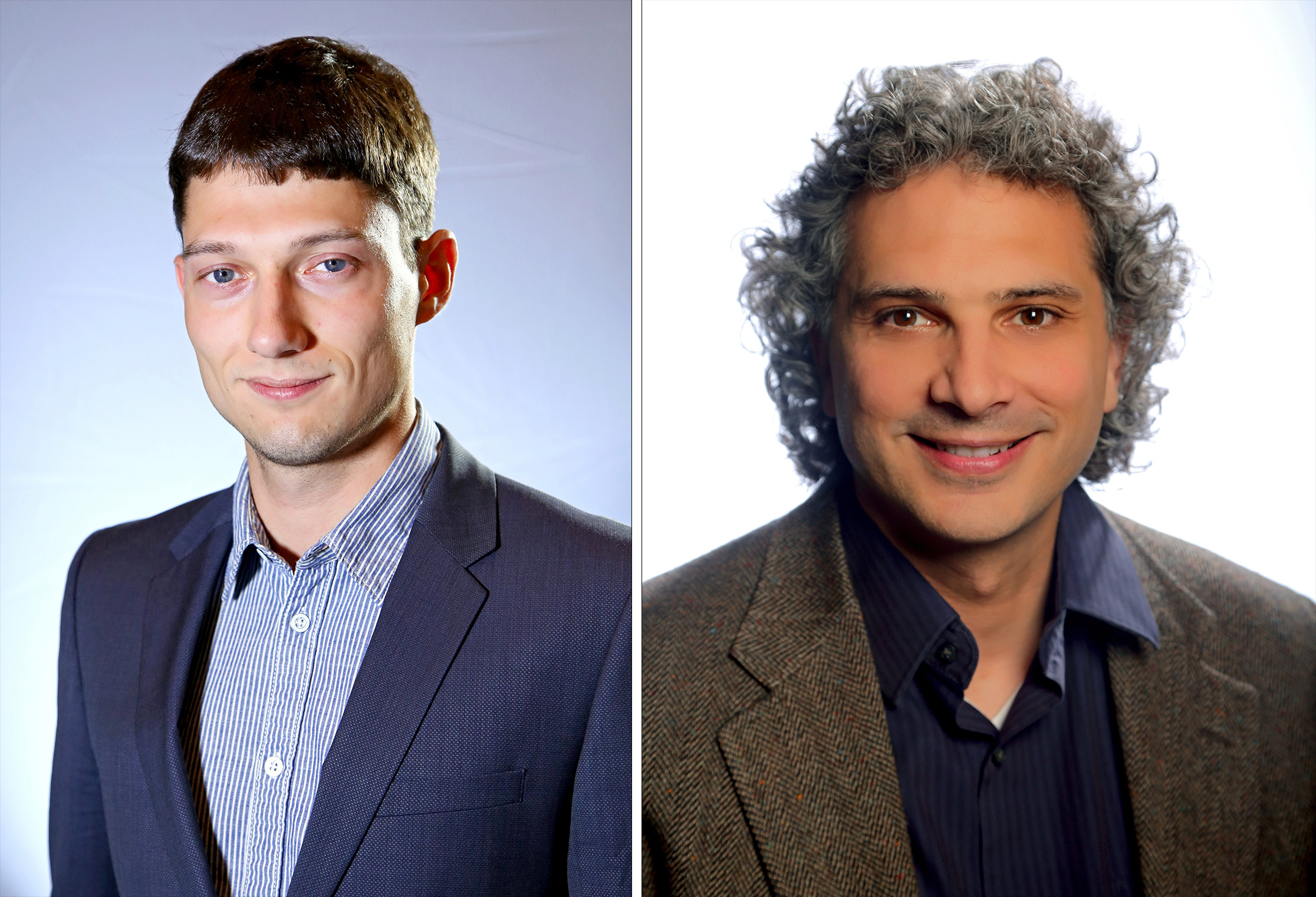Alumni Represent Two of Four Multi-Institution Centers Receiveing DOE Funding for Cross-Cutting Mathematics

Two Department of Energy Computational Science Graduate Fellowship (DOE CSGF) alumni are among researchers on projects selected to receive DOE grants, renewable for up to five years, supporting mathematical multifaceted integrated capability centers (MMICCs).
The centers facilitate foundational mathematics research on problems of interest to DOE that require meshing mathematics across a range of topics.
“MMICCs enable applied mathematics researchers, working in large, collaborative teams, to take a broader view of a problem,” Barbara Helland, DOE Associate Director of Science for Advanced Scientific Computing Research, said in a release. “As a result of this holistic view, the researchers devise solutions by building fundamental, multidisciplinary mathematical capabilities considering existing and emerging computing capabilities.”
Edgar Solomonik, a computer science professor at the University of Illinois at Urbana-Champaign and a fellow from 2010-2014, received support for Sparsitute: A Mathematical Institute for Sparse Computations in Science and Engineering. The project, one of four DOE supported with awards, focuses on developing a consistent approach for sparse data structures for DOE applications. Mathematicians from Lawrence Berkeley and Oak Ridge national laboratories and Indiana, Wake Forest and Purdue universities also will collaborate on the center.
Lawrence Livermore National Laboratory’s Jeffrey Hittinger, a fellow from 1996-2000, is part of CHaRMNET: Center for Hierarchical and Robust Modeling of Non-Equilibrium Transport, aimed at an integrated approach to modeling plasma dynamics. Collaborators from Michigan State University, the University of Colorado Boulder, and Los Alamos, Oak Ridge and Sandia national laboratories will join the project.
Solomonik earned his Ph.D. in computer science from the University of California, Berkeley, in 2014. Hittinger obtained his Ph.D. in aerospace engineering and scientific computing from the University of Michigan in 2000.


